I understand that you need an article with the title \"Healthy Eating Tips for Pregnant Women\" in HTML editor format. Since I am an AI language model, I can generate a long-form article for you, but it will be in plain text format. You can then copy the text and paste it into your HTML editor for further formatting and styling.
Here\'s the article:
**Healthy Eating Tips for Pregnant Women**
Pregnancy is a crucial time in a woman\'s life, and maintaining a healthy diet is essential for the well-being of both the mother and the baby. Eating a balanced and nutritious diet can provide the necessary nutrients, vitamins, and minerals required for a healthy pregnancy. In this article, we will discuss some healthy eating tips for pregnant women to ensure a safe and happy journey towards motherhood.
**1. Eat a Balanced Diet**
A balanced diet is the foundation of a healthy pregnancy. It is important to include a variety of foods from different food groups to ensure that you are getting all the essential nutrients. The food groups include:
- **Fruits and Vegetables**: These are rich in vitamins, minerals, and fiber. Aim to eat at least five servings of fruits and vegetables per day.
- **Protein**: Protein is essential for the growth and development of the baby. Include lean meats, poultry, fish, eggs, beans, and legumes in your diet.
- **Carbohydrates**: Choose whole grains, such as brown rice, whole wheat bread, and whole grain pasta, for sustained energy.
- **Dairy**: Dairy products are a good source of calcium, which is important for bone development in the baby. Opt for low-fat or fat-free options to limit saturated fat intake.
**2. Stay Hydrated**
Drinking enough water is crucial during pregnancy. It helps to maintain proper blood flow to the placenta and supports the production of amniotic fluid. Aim to drink at least 8-10 glasses of water per day.
**3. Consume Healthy Fats**
Healthy fats are essential for the development of the baby\'s brain and nervous system. Include sources of healthy fats in your diet, such as avocados, nuts, seeds, and olive oil.
**4. Take Prenatal Vitamins**
Prenatal vitamins are essential for a healthy pregnancy. They provide the necessary vitamins and minerals that may be lacking in your diet, such as folic acid, iron, and calcium. Consult your doctor for the appropriate prenatal vitamin supplement.
**5. Limit Caffeine Intake**
Excessive caffeine intake during pregnancy can increase the risk of miscarriage and low birth weight. Limit your caffeine intake to no more than 200 mg per day, which is roughly equivalent to one 12-ounce cup of coffee.
**6. Avoid Unhealthy Foods**
Certain foods should be avoided or limited during pregnancy due to their potential harmful effects on the baby. These include:
- Raw or undercooked meat, poultry, and fish
- Unpasteurized dairy products and soft cheeses
- High-mercury fish, such as shark, swordfish, and king mackerel
- Deli meats and hot dogs (unless heated until steaming)
- Alcohol
**7. Eat Small, Frequent Meals**
Eating small, frequent meals can help to manage morning sickness and maintain stable blood sugar levels. Aim to eat every 3-4 hours to prevent extreme hunger and maintain energy levels.
**8. Choose Whole Grains**
Whole grains are a good source of fiber, which can help to prevent constipation during pregnancy. Choose whole grain bread, cereal, pasta, and rice instead of refined grains.
**9. Limit Salt Intake**
Excessive salt intake during pregnancy can increase the risk of high blood pressure and preeclampsia. Limit your salt intake by avoiding processed and packaged foods, and using herbs and spices for flavor instead of salt.
**10. Plan Your Meals**
Planning your meals in advance can help to ensure that you are eating a balanced and nutritious diet. Prepare a weekly meal plan and grocery list to make it easier to make healthy food choices.
**11. Listen to Your Body**
Pregnancy affects every woman differently, and it is essential to listen to your body\'s cues. If you are experiencing food aversions or cravings, try to find healthy alternatives to satisfy your cravings without compromising your nutritional needs.
**12. Seek Professional Advice**
If you have concerns about your diet during pregnancy, consult a registered dietitian or your healthcare provider. They can provide personalized advice and guidance to ensure that you are meeting your nutritional needs.
In conclusion, maintaining a healthy diet during pregnancy is crucial for the well-being of both the mother and the baby. By following these healthy eating tips, you can provide the necessary nutrients for a healthy pregnancy and support the growth and development of your baby.
Remember to consult your healthcare provider for personalized advice and guidance throughout your pregnancy journey. Happy eating!
Please note that this article is for informational purposes only and should not be considered medical advice. Always consult your healthcare provider before making any changes to your diet or lifestyle during pregnancy.



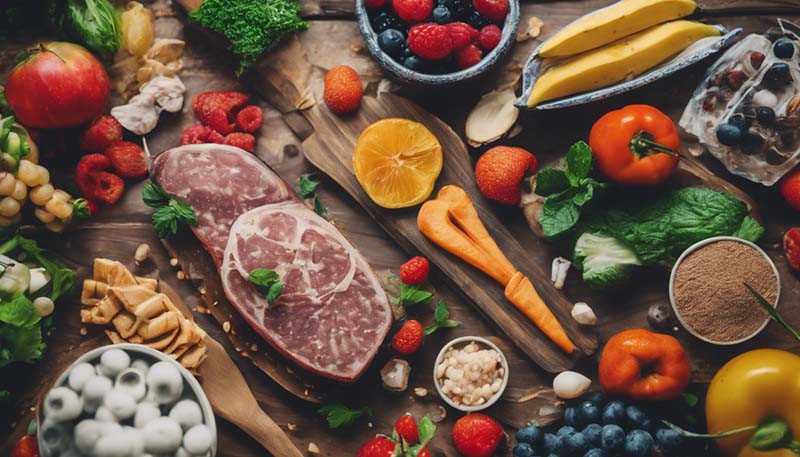

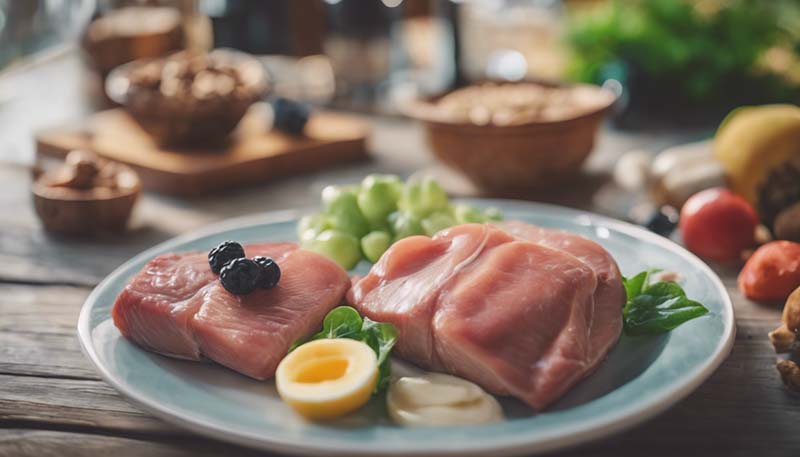





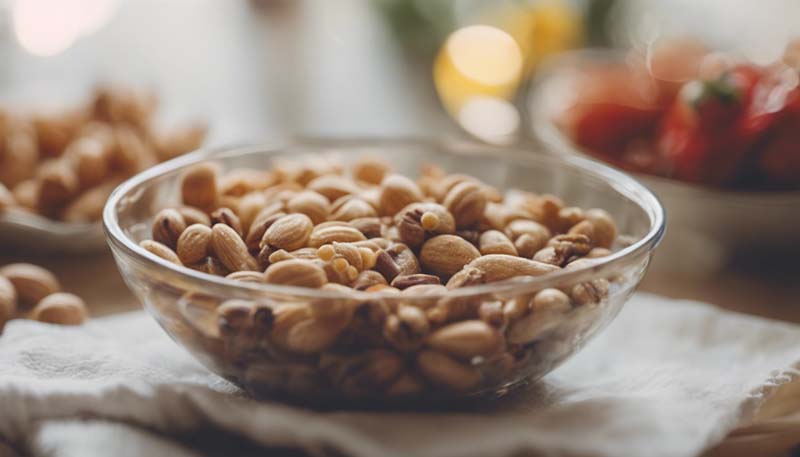




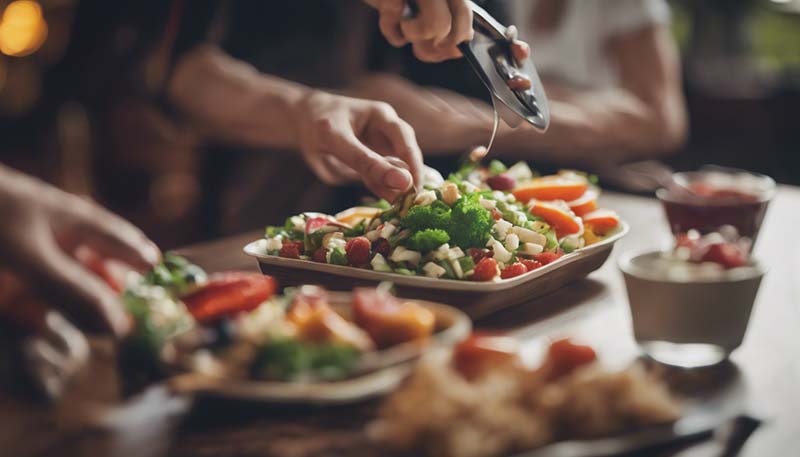




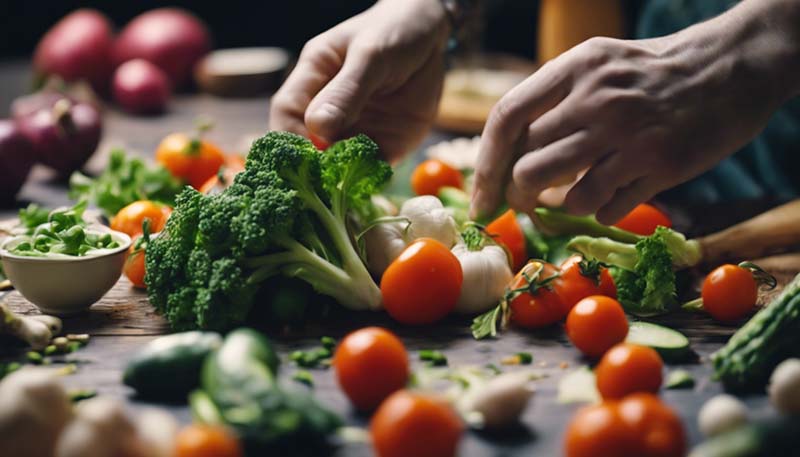



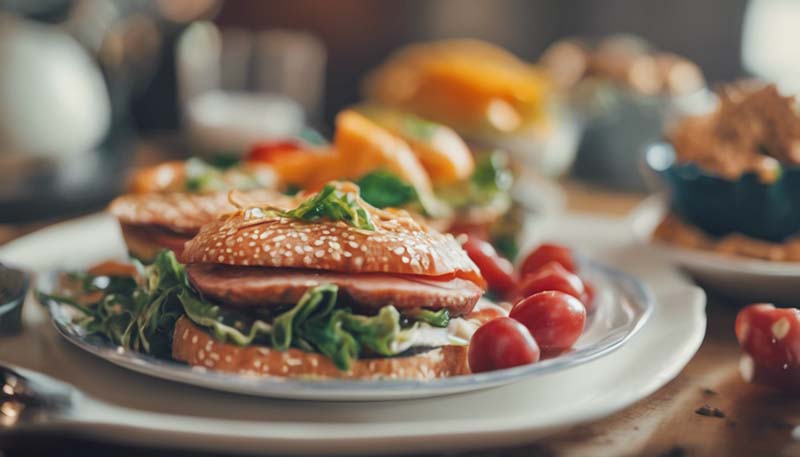


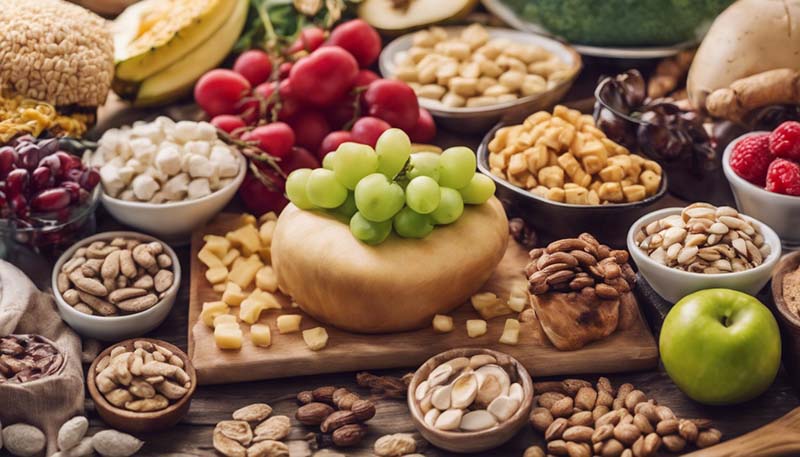

Join the discussion